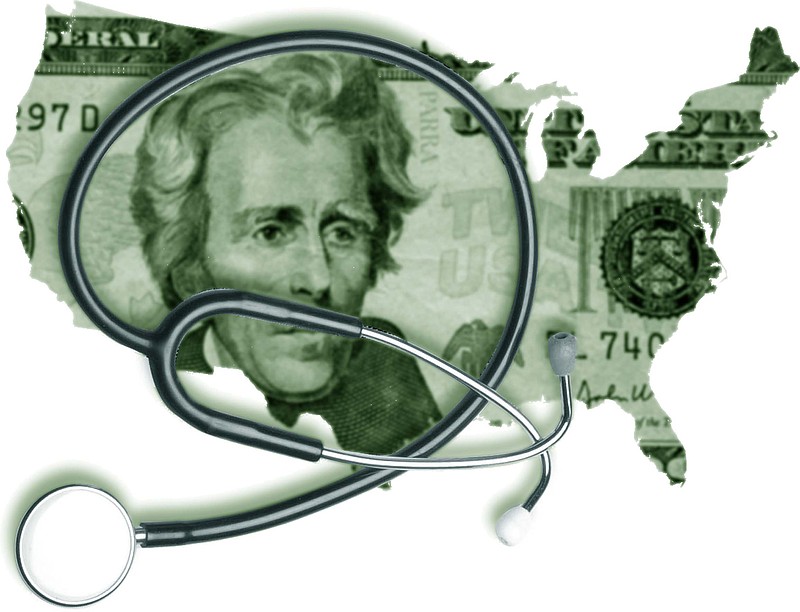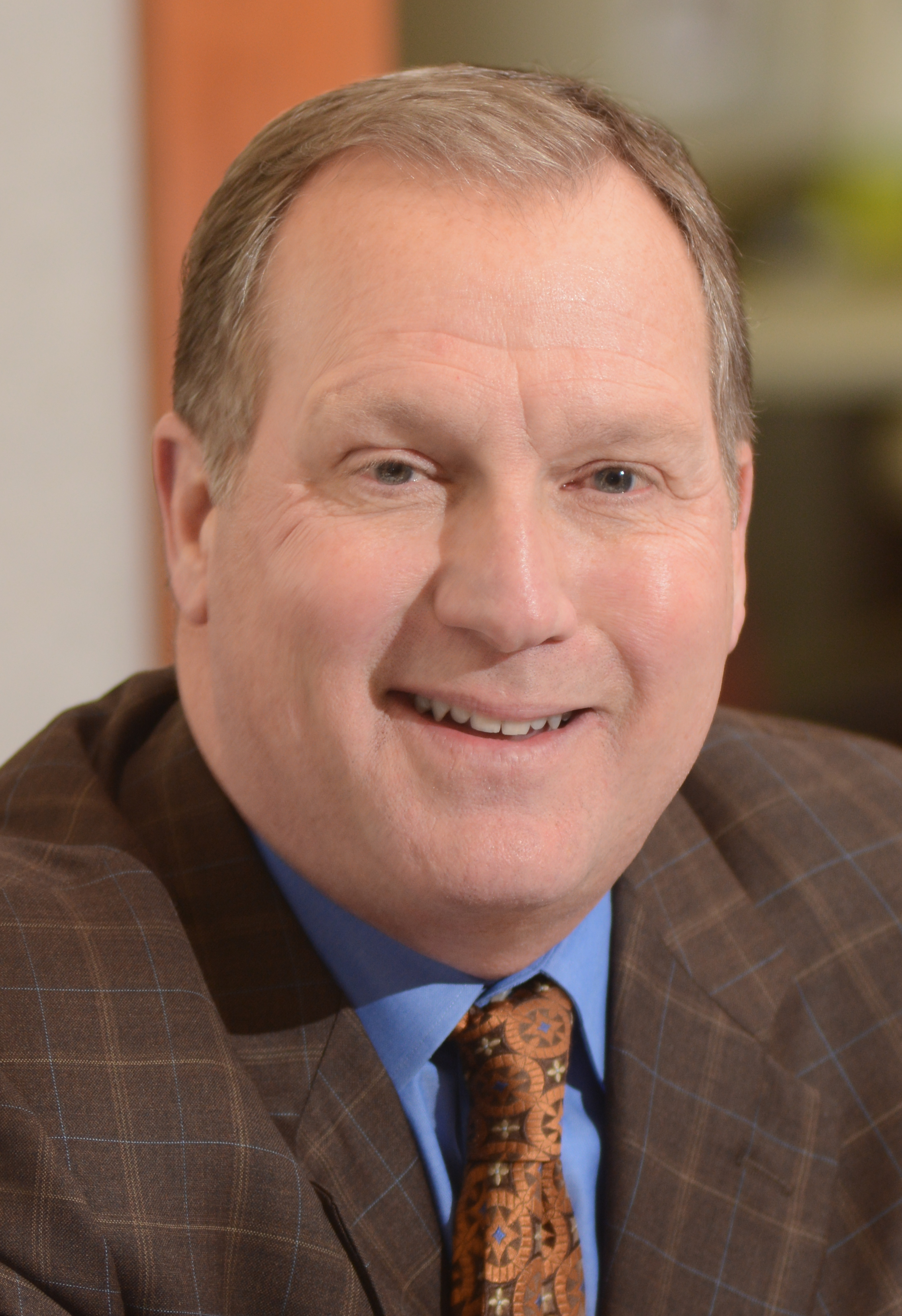A column by Chattanooga emergency physician Dr. Andy Walker ("Let's Put an End to Surprise Medical Bills") addressed surprise billing, a topic that's made headlines across the country. BlueCross BlueShield of Tennessee agrees we have to resolve this issue on behalf of Tennesseans, but Dr. Walker's column did not accurately diagnose the problem and contained misleading assertions about benchmarking, a market-based solution that could serve our neighbors well.
To work together and fix surprise billing, we need to examine the root cause of the problem.
Surprise billing is a type of balance billing, so let's start there. Balance billing happens when an out-of-network provider chooses to bill a member for the difference between their "list price" and what BlueCross pays for the services provided.
Surprise billing, then, is even more problematic. It happens when a member uses an in-network facility and receives services from an out-of-network provider who then sends an unexpected balance bill.
Providers don't have to send balance - or surprise - bills to their patients. It's their choice, and we'll take a closer look at that in a moment.
Surprise bills most commonly come from certain provider specialties such as radiologists, anesthesiologists, pathologists and emergency room doctors. Members rarely choose these providers and may not be aware that they are receiving out-of-network services during their visit to a health care facility.
It's important to note that relatively few Tennessee providers even send surprise bills. That's because most of them choose to participate in our networks, accepting lower rates for access to more patients. Networks aren't just about costs, though; we put requirements in place to help make sure our members get care that meets clinical quality standards.
Our largest commercial network includes 29,000 providers, 90% of whom participate in our smaller network, too. Calling either network "narrow" is inaccurate - and both pay higher rates for these specialties than Medicare or Medicaid.
With such broad coverage, you might wonder why surprise billing has become such an issue.
We work collaboratively with our in-network health systems to avoid surprise bills, and they ask their nonemployee providers to participate in the same BlueCross networks the hospitals do.
But some emergency physicians and specialists, especially those in private equity-backed practices, make a conscious choice not to join the same insurance networks as facilities where they practice. Why? So they can charge and collect higher rates from patients.
Dr. Walker claims using benchmarking for out-of-network bills would allow insurers to "arbitrarily set their own prices." That's not true: Benchmarking would be based on in-network rates Tennessee providers have chosen to accept.
Some provider groups also claim networks exist to boost insurers' profits. But federal law requires insurers to spend at least 80% of premiums on medical care. That leaves 20% for operating expenses, taxes (yes, BlueCross pays local, state and federal taxes) and net income. Over the past five years, we've earned an average 2.1% margin.
Tennesseans can visit BCBSTnews.com to see for themselves how we use their premium dollars. How many health care providers offer the same level of transparency?
Unlike insurers, providers also don't have legal restrictions on their operating expenses or profits like insurers do. Clearly, some are using surprise billing to drive their profit margins even higher.
We need to work together to solve surprise billing. The best way to do that is for providers to join the same networks as the hospitals where they practice to eliminate this issue for the people they've pledged to serve.
Roy Vaughn is senior vice president and chief communications officer for BlueCross BlueShield of Tennessee.

